
APR’s John Standish on stage at the APR Plastics Recycling Showcase and Technical Forum.
The global nature of the business, equipment advances and packaging innovations were all covered in this year’s Association of Plastic Recyclers Plastics Recycling Showcase and Technical Forum.


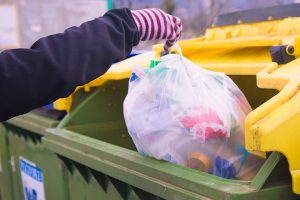 An industry report released today highlights economic opportunity in pyrolysis and other emerging plastics processing technologies.
An industry report released today highlights economic opportunity in pyrolysis and other emerging plastics processing technologies.
 PET reclaimer Loop Industries has settled a longstanding lawsuit concerning the company’s stock. Meanwhile, the business recently sold millions of dollars worth of stock to an unnamed institutional investor.
PET reclaimer Loop Industries has settled a longstanding lawsuit concerning the company’s stock. Meanwhile, the business recently sold millions of dollars worth of stock to an unnamed institutional investor.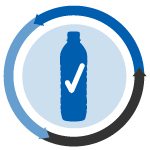 The U.S. Food and Drug Administration gave a New England plastics reclaimer the thumbs up to recycle a polyolefin blend for use in cutlery and food packaging.
The U.S. Food and Drug Administration gave a New England plastics reclaimer the thumbs up to recycle a polyolefin blend for use in cutlery and food packaging.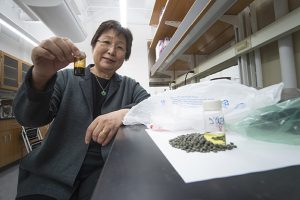
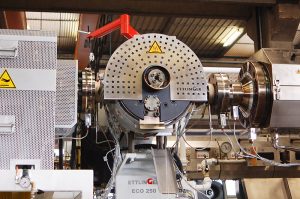 With an eye toward the highest level of recycled plastic purity, Ettlinger has introduced a new model of its ECO melt filter, this time targeting contaminants as small as 60 microns.
With an eye toward the highest level of recycled plastic purity, Ettlinger has introduced a new model of its ECO melt filter, this time targeting contaminants as small as 60 microns.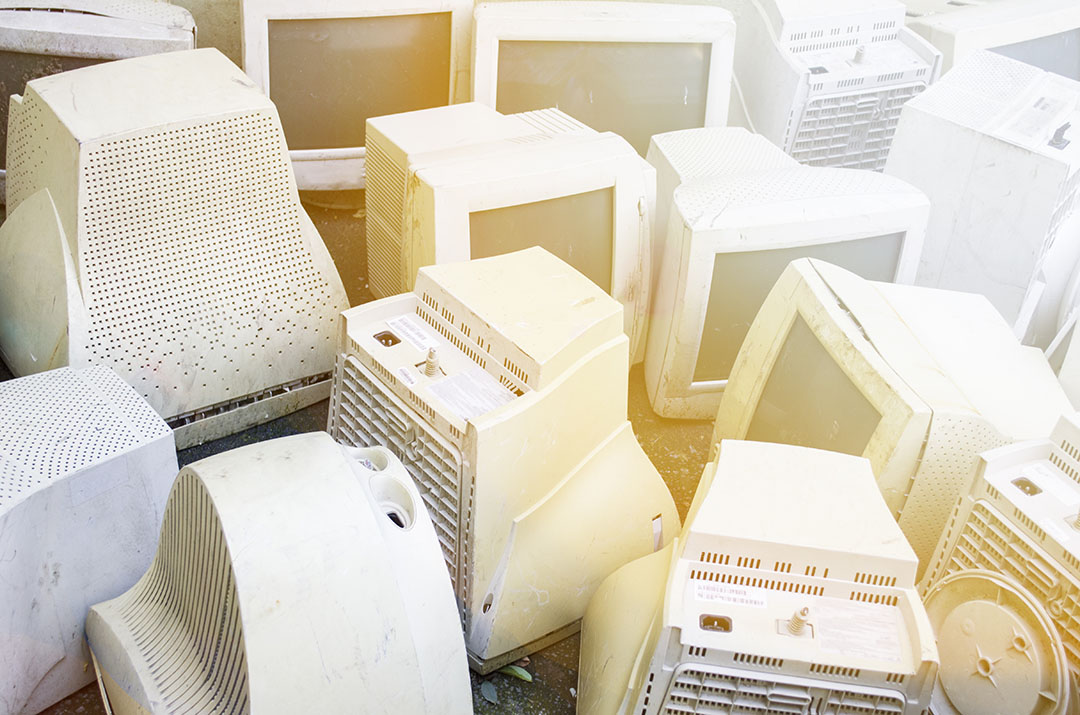 In Europe, scientists say they’ve developed a fast and accurate way for near-infrared sorters to classify different plastics containing flame retardants.
In Europe, scientists say they’ve developed a fast and accurate way for near-infrared sorters to classify different plastics containing flame retardants. A patented cleaning process allows for the use of RPET in heat sealable polyester packaging film, and PET depolymerization technologies get a boost.
A patented cleaning process allows for the use of RPET in heat sealable polyester packaging film, and PET depolymerization technologies get a boost.